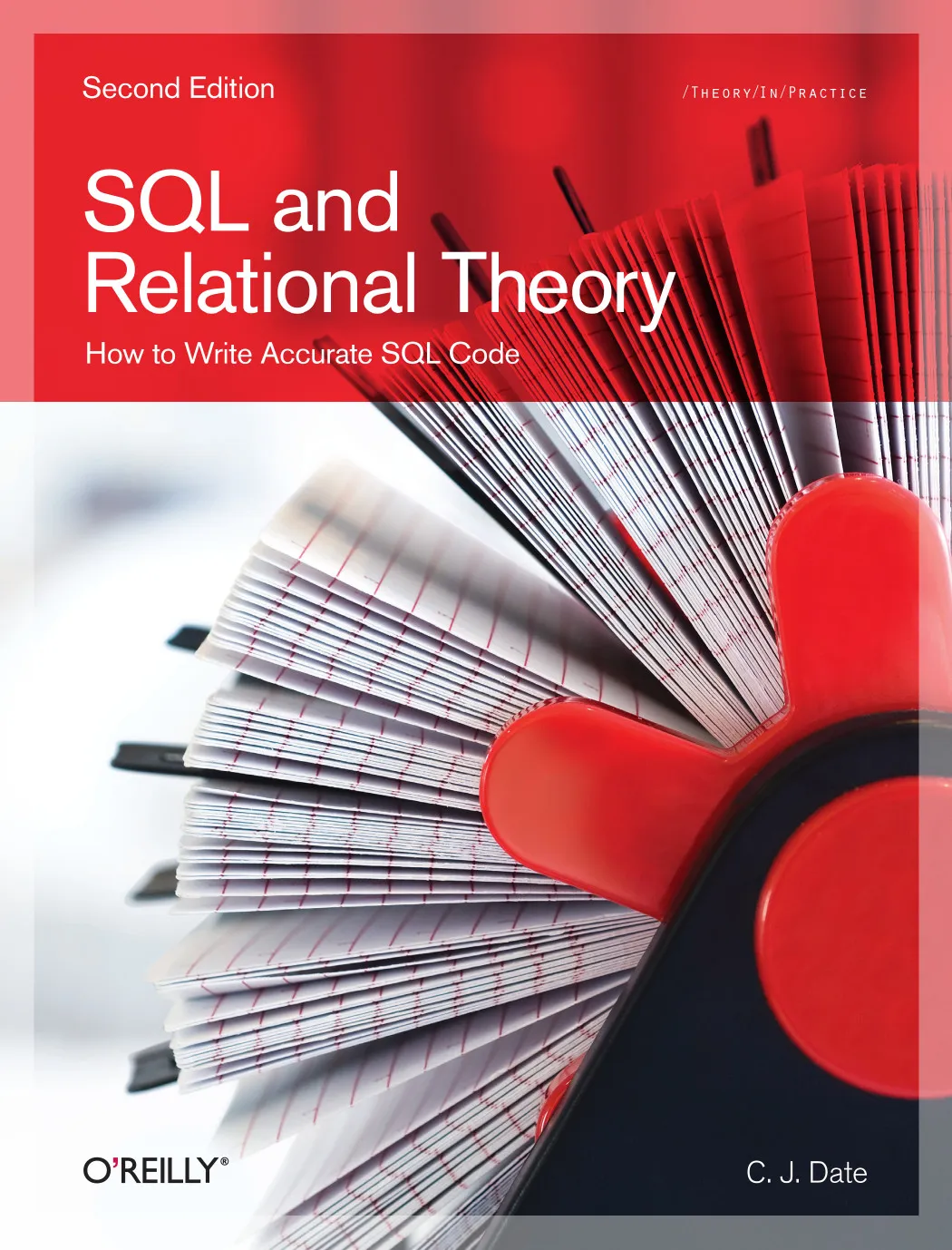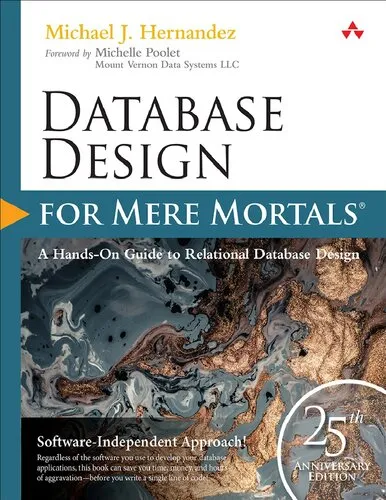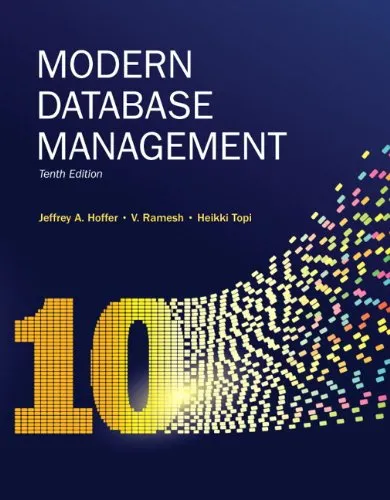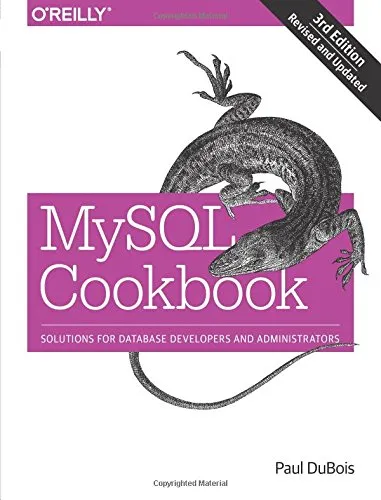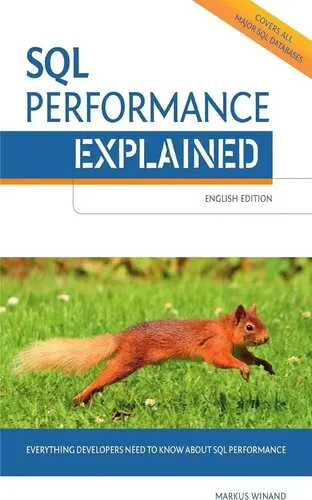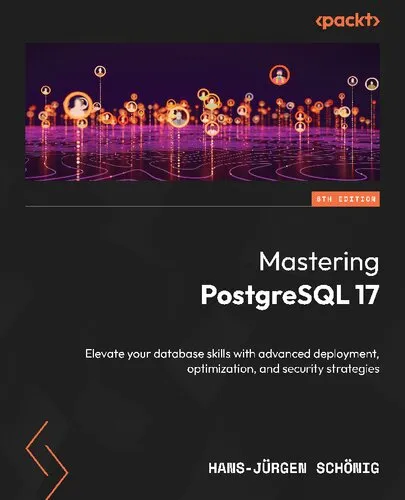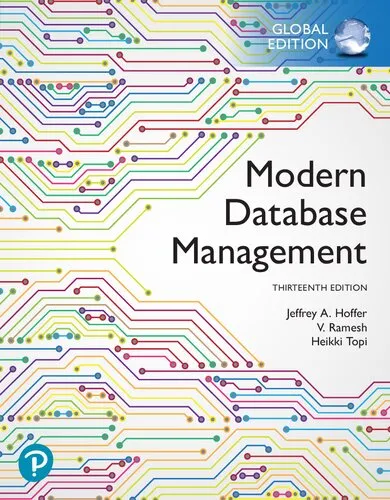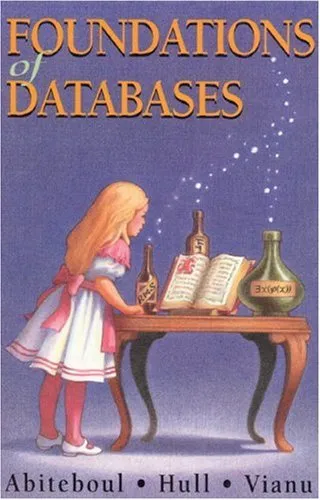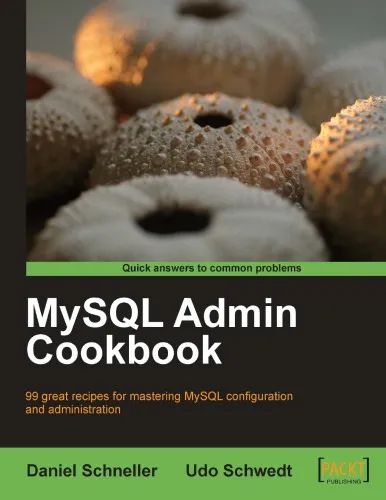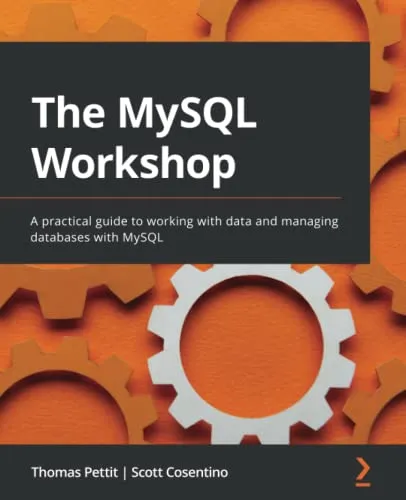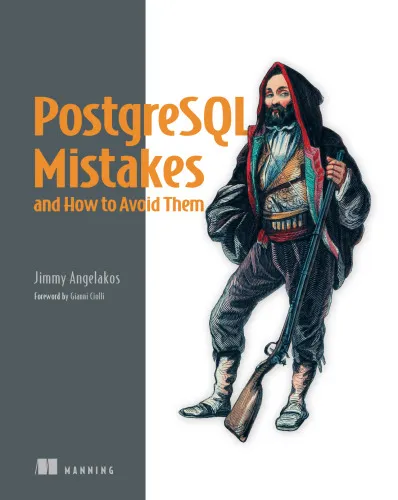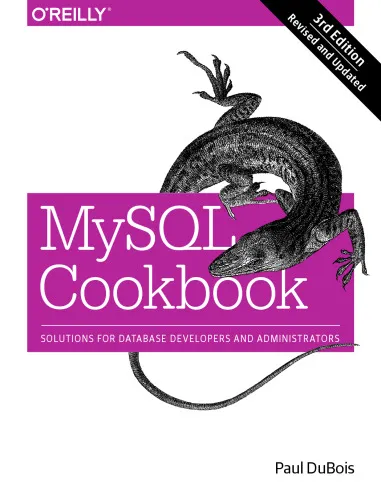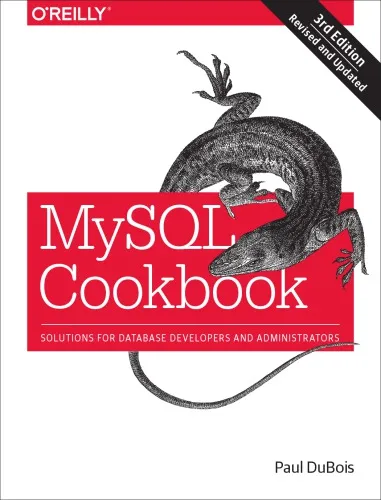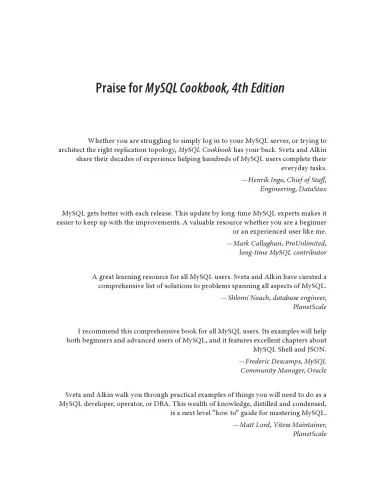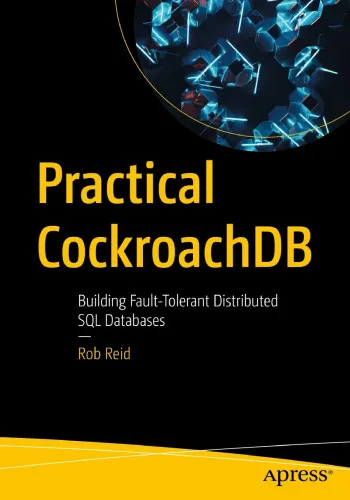SQL and Relational Theory
4.5
Reviews from our users

You Can Ask your questions from this book's AI after Login
Each download or ask from book AI costs 2 points. To earn more free points, please visit the Points Guide Page and complete some valuable actions.Related Refrences:
Introduction
Welcome to SQL and Relational Theory, a quintessential guide crafted to bridge the gap between the theoretical framework of relational databases and their practical implementation using SQL. As C.J. Date, renowned for his profound contributions to relational database theory, I strive to furnish professionals, educators, and database enthusiasts with a deeper comprehension of why adhering to relational principles enhances the robustness, scalability, and efficiency of database systems. This book endeavors to transform how you perceive and utilize SQL, providing a lucid understanding of both relational models and their significant impact on effective database management.
Detailed Summary of the Book
The book meticulously delves into the intricate relationship between SQL and relational theory. Structured across well-articulated chapters, it provides a detailed examination of how to interpret the SQL language through the lens of relational principles. Initially, it establishes a foundational understanding of the relational model, encapsulating its core concepts such as relations, tuples, attributes, and domains. As readers advance through the book, they encounter rigorous discussions on data integrity, primary and foreign keys, and normalization.
The core of the narrative concentrates on illustrating that SQL, albeit a powerful querying language, often deviates from pure relational principles. Through concrete examples, it dissects these discrepancies, offering alternative approaches that align more closely with relational ideals.
Advanced topics such as relational algebra and its operations, the importance of constraints, and the role of views are explored with precision, providing readers with not just theoretical knowledge but also practical insight into writing better SQL code. By reinforcing the interplay between theory and practice, the book aids in cultivating a more analytical approach to designing and querying databases.
Key Takeaways
- Understanding the fundamental differences and tensions between SQL and the pure relational model.
- The importance of adhering to relational principles to ensure data consistency and integrity.
- Strategies to critique and improve SQL implementations using relational theory as a benchmark.
- Insights into advanced relational concepts that elevate your database querying capabilities.
Famous Quotes from the Book
"Just because something can be done in SQL doesn't mean it should be done—at least not without a thorough understanding of the relational principles."
"The purpose of the relational model is not only to represent data but to enforce data integrity."
Why This Book Matters
In an era driven by data, the ability to effectively manage and query vast datasets is paramount. SQL and Relational Theory stands out as a critical resource for those seeking to enhance their understanding of database systems by rooting their knowledge in a firm theoretical framework. This book matters because it equips you with the insights needed to transcend conventional practices and adopt a mindset focused on precision, consistency, and efficiency.
Relational theory is not merely academic; it has profound implications for system design and data integrity. By championing the principles laid out in this book, database professionals and organizations can achieve higher standards in their data management practices, ultimately leading to more reliable and insightful data-driven decisions.
Free Direct Download
You Can Download this book after Login
Accessing books through legal platforms and public libraries not only supports the rights of authors and publishers but also contributes to the sustainability of reading culture. Before downloading, please take a moment to consider these options.
Find this book on other platforms:
WorldCat helps you find books in libraries worldwide.
See ratings, reviews, and discussions on Goodreads.
Find and buy rare or used books on AbeBooks.
1400
بازدید4.5
امتیاز0
نظر98%
رضایتReviews:
4.5
Based on 0 users review
Questions & Answers
Ask questions about this book or help others by answering
No questions yet. Be the first to ask!
